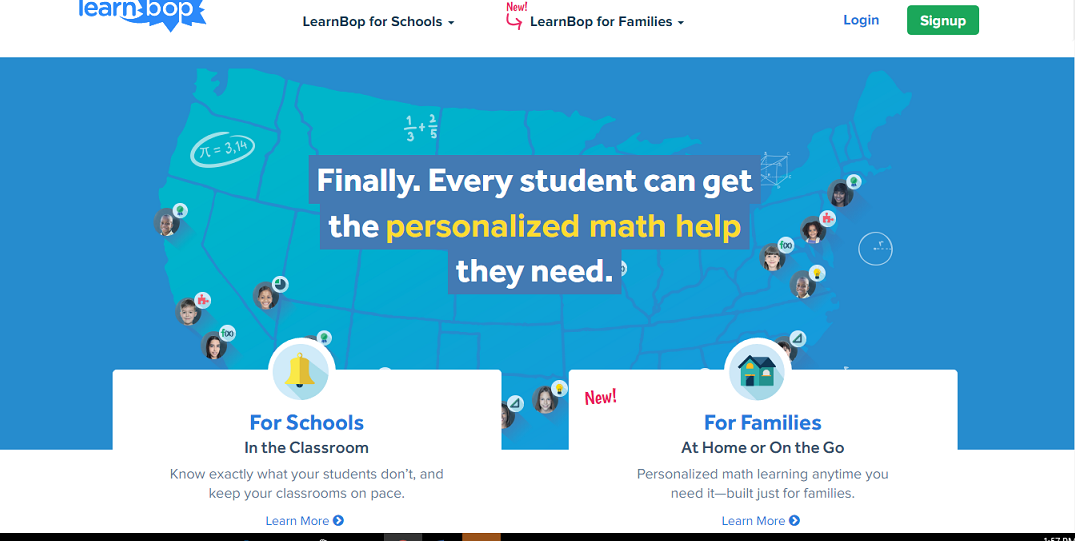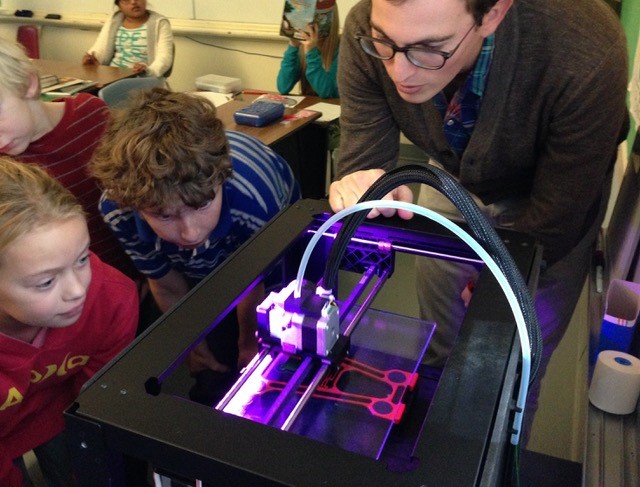Avoiding School Reform Roadblocks

When initiating reform, an action plan must be developed before the school can determine how the reform will be carried out and how it will be measured. Too often, administrators become anxious and feel the need to change the reform before any data has been collected. More patience is warranted because if a plan is not working, it can be amended. The school team, which consists of educators, administrators, and other stakeholders, must make the necessary amendments without hindering reform efforts. Creating too many changes within one reform plan would be counterproductive and frustrating for all parties involved.
Many new administrators enter the field hell-bent on making a name for themselves and refusing to live in the shadows of their predecessor. Often, they feel as though their only choice is to go in a totally different direction, making the previous reform null and void. This situation creates frustration among the surviving faculty and staff. New administrators often make changes before they fully think about the consequences or repercussions of their actions. Perfectly competent adults massage their egos instead of thinking about what is in the best interests of the school and the children.
It is counterproductive to start one reform and then decide to start another several months later. Once a reform has been implemented, all parties involved must show fidelity to it until there is concrete data or evidence that indicates that it is ineffective. Reform is about creating an environment in which students are the priority and we as their teachers assist them in starting and finishing their journey to becoming educated citizens.
It is hard for many administrators and educators to grasp the fact that frustrations may worsen as the reform is being implemented. Often, issues arise because people do not welcome change. Some educators need to see that change is for the better before they completely support the reform. Once the rebellion to change has subsided and the reform has been implemented correctly, the waiting game begins. During this time, educators and administrators must go about the business of collecting data for analysis. The findings will give them a clear indication of whether or not the reform has served its intended purpose. If students are not progressing under the implemented reform, then it may not be fulfilling the needs of the students or faculty.
Strategic planning and the implementation of school reform sometimes require schools to absorb temporary setbacks in order to reap the benefits of long-term gains. Student progress might dip for a month or two before teachers and administrators see a significant gain in student learning and performance. Teachers and administrators need to allow change to take place and not panic when instant changes are not apparent. In many school reform efforts, educators and administrators must understand that policies and practices that met the needs of the past, do not necessarily address current needs or the needs of the future. They must realize that in order to obtain a great future you must let go of a great past.
Some administrators fall into the trap of emulating model schools. Model schools can be found in every major city, but when trying to recreate their success, many schools fail to achieve the same results. Trying to recreate another school’s success is potentially dangerous, even when schools share similar characteristics. This is because, regardless of the similarities, every district is unique. Often, after a large amount of time, energy, and money has been spent, the school declares the plan a failure and has nothing to show for the efforts.
Strategic planning, which is widely used in the educational arena, can assist districts in setting goals and implementing school reform. You would be hard pressed to find a school district that does not have one or more strategic plans awaiting execution. Strategic plans are a district’s consistent road map, even in the face of adversity. In the end, a strategic plan that reflects the culture and needs of each individual school is a better route than attempts to replicate the success another school.




